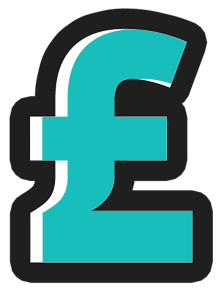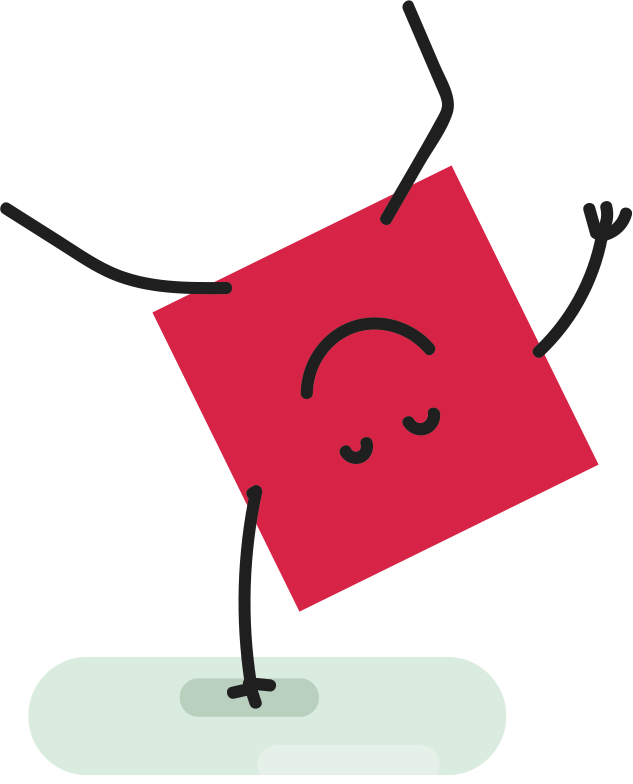

Literacy assessments bring many benefits to children, young people, parents, carers and professionals as they:
Individual recommendations can be made to support a child or young person’s identified needs following a literacy assessment.
A literacy assessment can be carried out following an initial discussion, please see our process below.
A literacy assessment can take place within an education setting, one of our clinics, a home or community setting. The assessment would take place within a quiet environment, ideally free from avoidable distractions. An ideal location would be a place where a child or young person feels calm. A literacy assessment could look at a specific area of literacy, or multiple areas of literacy. Literacy assessments will be appropriate for a child or young person’s developmental age.
The specific literacy assessment(s) used will be chosen based on the individual. The main assessments we use during literacy assessments are:
There are other assessments and ways to assess literacy abilities and these will be discussed during the initial discussion, before the assessment takes place.
After a literacy assessment we will be able to provide information about a child or young person’s literacy strengths and needs. Recommendations may include further assessments, interventions or learning aids. Follow up services are available after all assessments to ensure that individuals feel supported at all stages of the process.
A literacy assessment could be requested for various reasons which is why a report is optional. If a report is not necessary then feedback could be provided verbally along with a brief summary. Find out more about the types of reports we offer.
Arrange an initial discussion to find out how we can benefit your education setting. The initial discussion lasts 2 hours and is a starting point to identify needs. The cost is £260.
only
£260


Once again thank you for all your help and for actually listening to me when others wouldn’t.

Jodie (Parent)
Thank you Julie once again for the excellent report, it captured the child’s needs entirely - SENDIASS, parents and me commented on how well written it was. Many thanks for your continued assistance.

SENCO
Sarah Ward was brilliant with us. Really happy with the help and support, would recommend.

Joanne (Parent)
I think the work you have been doing has been great to help break the stigma of mental health and as a fellow sufferer I know how important that is.

Mental health professional
Many thanks for Sarah W’s hard work with our students which has been very well received.

Deputy Head
Really enjoyed it and learnt lots that I can take back to school. Thank you for the quality experience.

Sarah Tindal
Thank you Julie once again for the excellent report, it captured the child’s needs entirely - SENDIASS, parents and me commented on how well written it was. Many thanks for your continued assistance.

SENCO

We provide bespoke solutions to suit all budgets and requirements for children and young people aged 0-25 in homes, education settings and the community. Our clinical, educational and child psychology services are cost effective.
To make a referral and arrange an initial discussion please complete our referral form.

Ready to get started? The next step is to speak to our team to find out more about the services we provide and how we can help. Call us on 0161 820 9229 or email office@hsrpsychology.co.uk